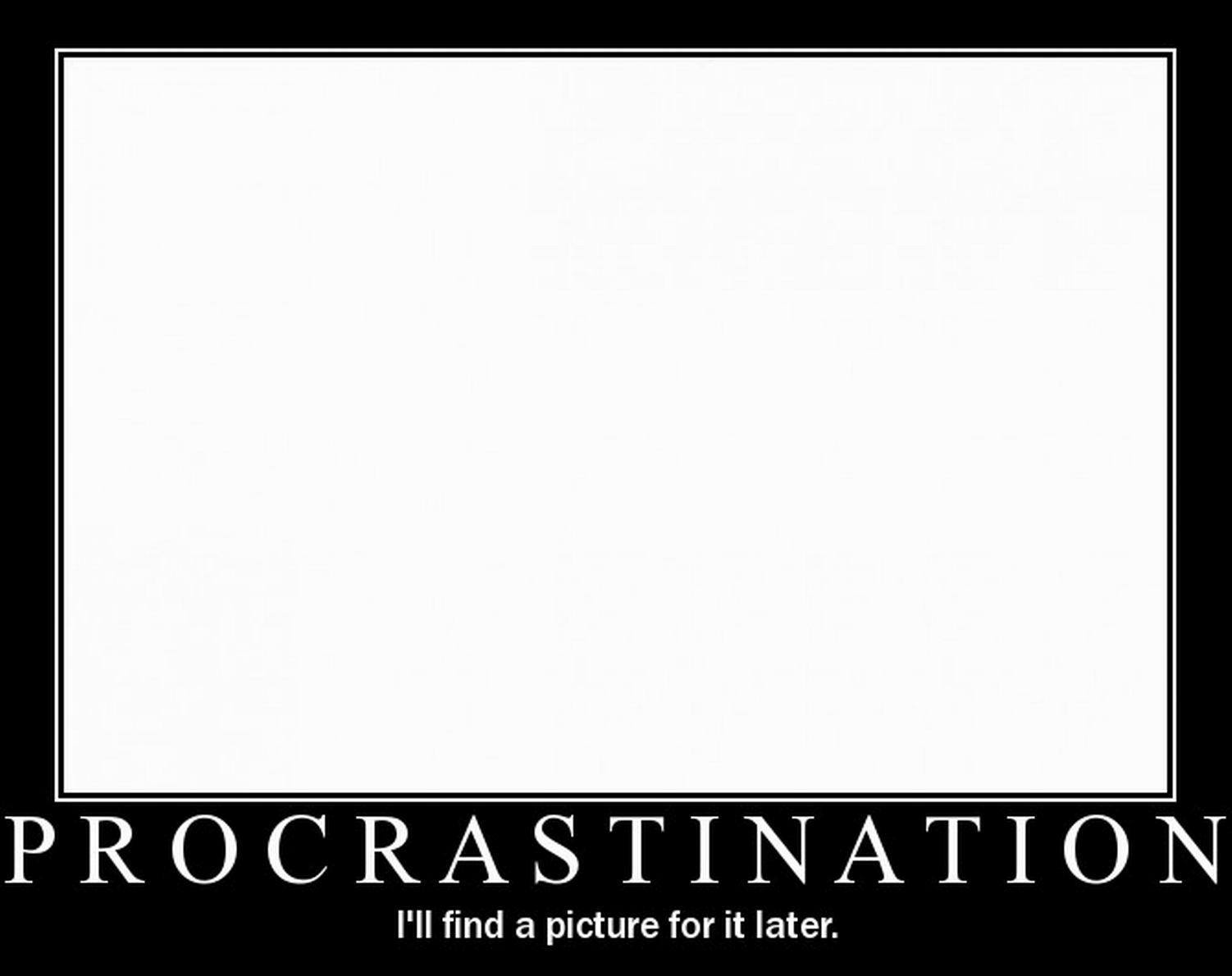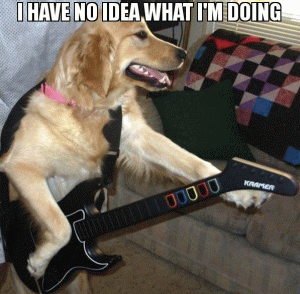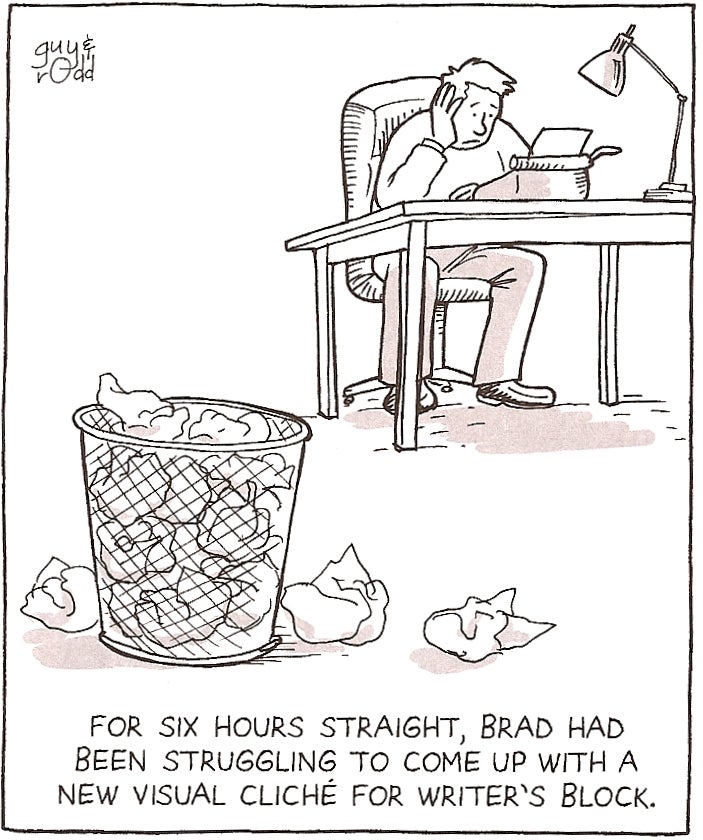“Writer’s block.” Two dreaded words for any student, first year undergrads and PhD candidates alike. Most other problematic writing habits stem from writer’s block; procrastination is when you’ve convinced yourself that you will write something, just not yet. The timing isn’t right, or you don’t have enough time to get enough of your thoughts down, or you need to perform your pre-writing rituals like binge-watching The Wire or cleaning the kitchen. Everyone is different, but the problem remains the same. Where to begin?

So, instead of trying to give you tips about how to work around writer’s block or how to find inspiration in the mundane, let’s take a look at the writing process itself. This post isn’t about tricking your brain into pumping out 2500 words by Tuesday so you can be done with that final paper. This post is about exercise.
But fear not; you won’t need a Goodlife membership or a personal trainer for this routine.
One of the lasting learning experiences I had from high school didn’t come to me in English class. Nope, it came in a grade 9 guitar course, where a bunch of 14 year-olds were hammering away on a bunch of out-of-tune, hand-me-down guitars. The instructor was one Mr. Gilmour (hey man!), a mythical figure at our school. Some said he ghost wrote music for the CBC, others said that he toured with Rush and the Grateful Dead. Some even claimed he was immortal. Regardless, when he spoke, 25 noisy kids would stop picking away and listen.

On the first day of class, he began with teaching us basic open chords: G, A, D, E. To preface this lesson, he talked us through how your hands work with your brain to learn certain chords and patterns. To (loosely) quote Mr. Gilmour:
“OK guys, I know this is not going to be fun. Your hands will ache, and they’ll fumble around looking for strings, and it’s not going to sound like music at all. That’s because your brain and your hands haven’t had to work together like this before; it’s a totally new process. The only way to get them working together is practice. Every time you send that command from your brain to your hands, you’re wearing down this path that runs between them, like walking through the forest and stamping down the grass as you wind through the trees. If you keep doing this, keep wearing down these paths, you’ll eventually know your way around and be able to get places quickly. That’s what learning any musical instrument is: it’s wearing down a bunch of different neuro-pathways from your brain to your hands.”
At this point, you’re probably saying “Ryan, that’s a lovely piece of nostalgia, but this post is about writing, not music. Focus man, focus!”
Point taken.
However, this forged-pathways analogy applies to the task of writing itself in a range of ways. Consider the guitar for a moment. When you first learn, you learn what strings are what notes, and how these notes combine to form sweet, sweet, melodic chords. There’s an emotive level as well: major chords sound happy, while minor chords sound gloomy. Now think of writing. Your words are individual notes; when put together properly, they create phrases (i.e. chords) which communicate ideas. A collection of these compose a whole essay or song.

The point here is that getting started is tough. Just like the initial attempts to form a chord, the first few sentences can be awkward and mildly painful. You don’t like how they sound, or they don’t say what you want them to say. And for a lot of people, that can be discouraging enough to abandon ship (think about how many people you know own guitars, but you’ve never seen them play). However, the truth is that encountering this difficulty isn’t really an obstacle; it’s a fundamental part of becoming a stronger writer. You have to become comfortable experimenting with the words and just getting thoughts and phrases onto the page even if they sound a bit flat. That’s totally cool, because it’s an essential part of a healthy (song)writing process.
It used to be an issue for me because I was one of those kids who had just enough raw writing skills to get by in high school without this kind of approach. But when I got to university, I had to adapt to more complex and challenging ideas, which made me reconsider how to just get writing. Gone are the days where I could sit down and pound out 1500 words in a short sitting. Now, it’s more of a trial and error approach. Get some thoughts down. Jump to new thoughts. Write those down. After a while, look back at some of the things you’ve written. What did you like? What did you hate? Where is there potential to expand and pursue an idea? Add a bit to that thought you liked. Now you’ve got a page down and it’s actually been a critical-thinking process, rather than some kind of word-dumping.
On a self-aware note, this blog came together while I was wandering around campus on my lunch break, typing thoughts into my phone so I could sit down and work with them later. Once you start approaching writing as an unsure, speculative process, it becomes easier to put meaningful words on the page.
Here’s the good news: unlike the guitar, you don’t need to do anything new to form your foundation. You’ve got experience speaking the language; in musical terms, it’s similar to being able to sight-read musical notation. Other than your brain, all you need is a pen and paper or your laptop. You don’t even have to shell out $200 for a beginner guitar kit; you’re already halfway there!
Getting started just takes a realistic mindset: this paper will not just emerge as some perfect collection of words. Some will sound better than others, and you’ll have to be honest with yourself about what you do and don’t like. As clichéd as it sounds, it just takes practice. Your brain behaves like a muscle; once you start exercising it regularly, it’ll go through this process with less effort and improved results. Your great ideas will begin to follow those pathways from your head to your hands, and onto your computer screen. And hey, this time you’ll avoid blisters on your fingers! So grab your picks…erm, uh, pens, and get writing!